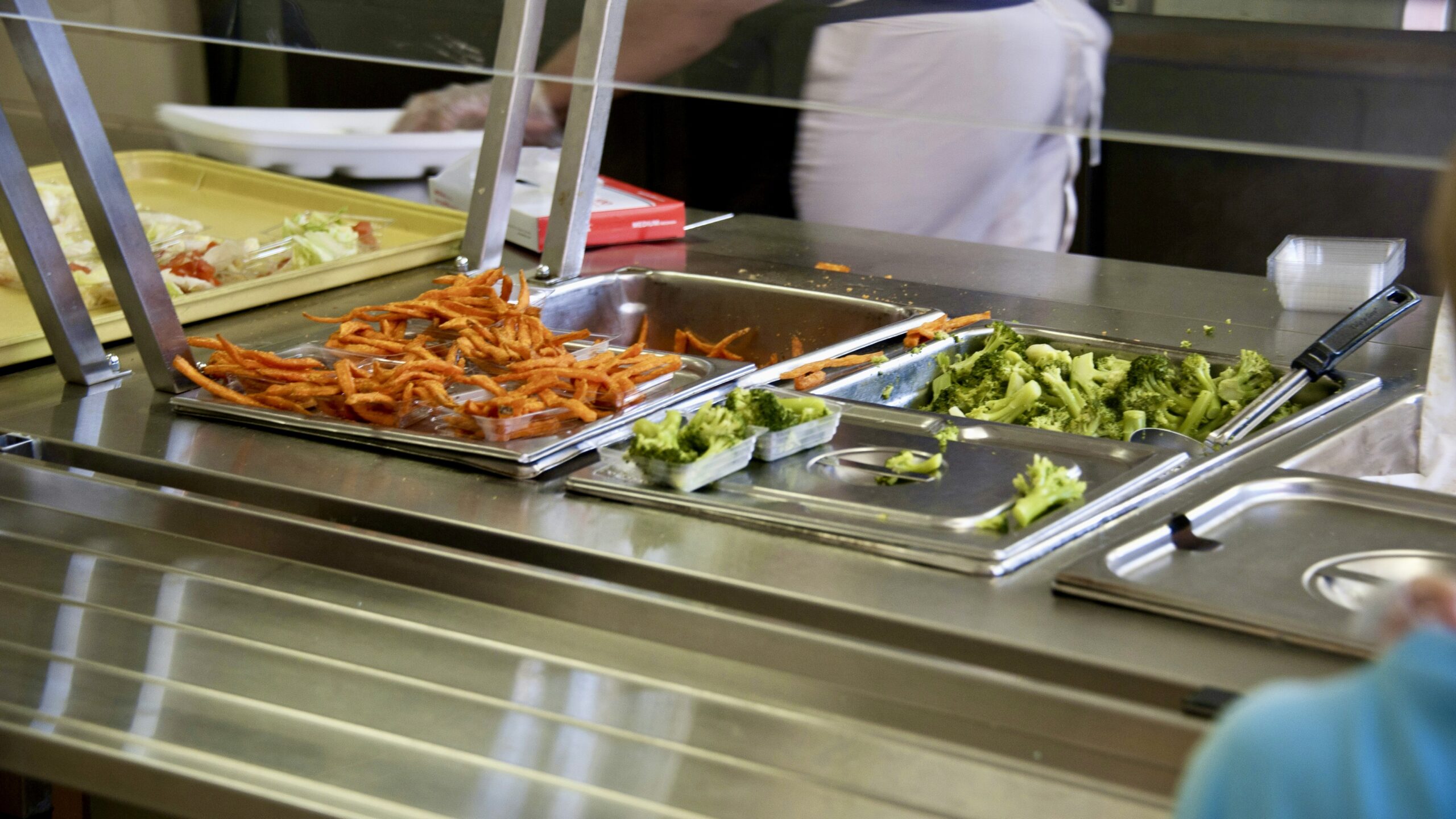A long day at college means going home with a migraine triggered by hunger.
It’s not because of a time limitation, but rather limited food options, Humber College student Meera Subramaniam said.
“I come from an orthodox Hindu-Brahmin household that follows a strict vegetarian diet,” Subramaniam said.
She said she finds it difficult to have a hearty meal as she sees nothing other than the odd sandwiches and packaged snacks.
“I wish it was easier for student concerns to be heard by the student body and for the management to take some action. Some days I have to lie to my parents that I’ve had lunch,” Subramaniam said.
Dietary restrictions limit what someone can or will eat. They can stem from medical necessity, religious beliefs, or personal choice.
Peter Rick, Instructor of Food and Nutrition Management at Humber College, said understanding the demographic is important when it comes to food planning.
Understanding cultural, socioeconomic preferences, nutritional risks, allergies, food intolerances, you know, you know, cultural limitations. Understanding the eating and buying patterns of a certain age group. <–What is this?
“I’ve had a lot of feedback from international students, who make up the majority of my student base, asking why their dietary needs are not being met.” <–who said this?
Rick said he believes one of the reasons is branding.
“What we see on Humber College campus is a lot of what we call branding, like Subway and Tim Horton, which tend to be a more popular choice for a diverse, cohesive group, age group and we all kind of gravitate through advertising and brand recognition to those,” Rick said.
Chartwells is a food distribution company contracted to supply food to Humber College.
“Four major companies bid on colleges like Humber and almost every college in the country is run by one of the four companies,” Rick said.
He said the options weren’t there because of financial reasons.
“These companies are not charities,” Rick said. “Profit is the target of a third-party provider.”
He said that 20 years ago colleges might have been motivated to do it themselves and not be concerned whether they made a profit or loss, but those days are gone.
Rick said when it comes to profits, it has to be thought of as any other food establishment, even one kilometre off of the college campus.
Comparing campus food to airport food, he said that there are “not a lot of choices, (and at) very high cost.”
Rizwan Ahmed, a student adhering to the Islamic halal diet, said his option to eat on campus and enjoy his meals means bringing homemade food.
Fahmida Samsul, who lives on her own, said it was difficult to cook and pack her lunch, all before 8 a.m.
“Sometimes I get tired by the time my first lecture finishes and end up going to a restaurant off-campus,” Samsul said. “If I’m still in college by evening, I get some delivery.”
She said that even though a new halal option, Villa Madina, opened on campus, it was more economical for her to eat off-campus.
“I’ve seen the prices of the restaurant at different locations, it’s definitely more on campus, since I know how much I’ve paid before,” Samsul said. “I feel it’s impractical for me to pay more here for the same menu.”
She said she was surprised halal food options were so limited, given that Toronto has plenty to offer and also because of the number of Muslim students she has seen on campus.
Rick said when the demographic starts to narrow down to specific needs and preferences, institutions may say that they’re not going to offer it, or will only cover a minimal part of it.
Radhika Reddy, a vegetarian with a bell pepper allergy, said her allergy is quite severe and is anxious when she dines out.
“I make sure to tell the waiter three, four times about changing the utensils and chopping board to avoid cross-contamination,” she said. “In a cafeteria, it gets complicated.”
Reddy said she has to choose between an extra hour of sleep in the morning or breakfast.
“I’m scared of eating a salad on campus sometimes, and I don’t take a chance with Quesada or Pizza Pizza either,” she said.
Reddy said she feels disappointed about not having much to eat on campus when she thinks of the international fees she pays.
“I’ve trained myself to survive on coffee the days I hit my alarm’s snooze button,” she said.

